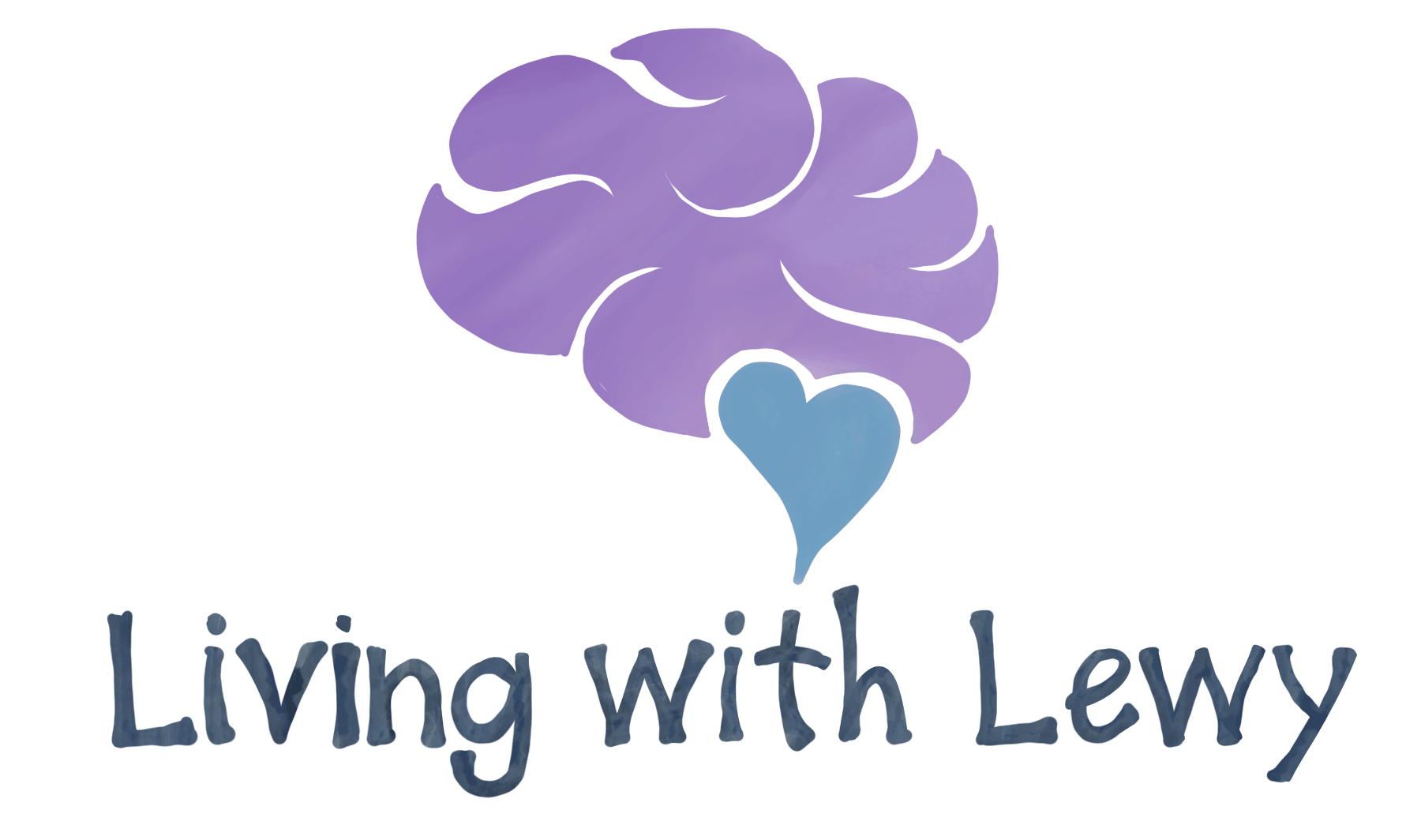Three years ago, life took a sudden and unexpected turn. A car accident left my loved one with memory lapses and mood swings that, at the time, seemed like just another part of the recovery process. But as time went on, the changes became more pronounced—anger that flared unpredictably, moments of forgetfulness that felt unsettling. And then, about eight months ago, the real rollercoaster began: vivid hallucinations, disrupted sleep, and the heartbreaking reality that he often no longer recognized me as his wife.
This is the journey of how we finally got an answer—and what I wish I had known when it all started.
The Incident That Changed Everything
The turning point came in a way I never could have predicted. A moment of confusion escalated into a crisis, and I found myself calling 911. That was the day I realized we weren’t just dealing with “getting older” or lingering effects of the accident. Something much bigger was at play.
From there, we started the long process of seeking answers. Our primary care doctor did a basic memory test and referred us to a neurologist. That neurologist ordered a battery of tests, including a PET scan and a neuropsychological exam. And six months after the first hallucination appeared, we finally heard the words: “probable Lewy Body Dementia with Capgras Syndrome.”
‘ Probable. That’s the best they could say. Because with LBD, there’s no simple blood test, no one definitive scan that gives you a 100% answer. The diagnosis is based on symptoms, history, and ruling out other conditions. It was an answer—but it was also the beginning of a whole new set of challenges.
What I Wish I Had Known
Looking back, there are so many things I wish someone had told me when this all began. If you’re just starting down this path, I hope these lessons help you find your footing a little faster than I did.
- Diagnosis Takes Time (and Patience)
I assumed getting a diagnosis would be like any other medical issue—describe the symptoms, run the tests, get a clear answer. But with LBD, nothing is that simple. The waiting game to see specialists, the time between tests, and the uncertainty of “probable” can be maddening. If you’re in the middle of it now, hang in there.
- Hallucinations Can Be Surprisingly Detailed
LBD hallucinations aren’t vague shadows in the corner of the eye. My loved one saw full-blown people, animals, and—one time—a very opinionated dog. And the kicker? He knew they weren’t real…until he didn’t. No one warned me about how these visions can sometimes be harmless, and other times absolutely terrifying.
- Sleep Issues Are No Joke
Before LBD, I didn’t know it was possible to act out dreams so vividly. But with REM sleep behavior disorder (a common early symptom), sleep can turn into a full-contact sport. Punching, yelling, jumping out of bed—it’s all part of the package. If your loved one is experiencing this, talk to a doctor about ways to manage it. And maybe consider moving anything breakable out of arm’s reach.
- Capgras Syndrome Is as Heartbreaking as It Sounds
Capgras Syndrome—a condition where a person believes their caregiver has been replaced by an imposter—was not something I ever expected to deal with. There is nothing quite like having your spouse look at you with suspicion and say, “Where is my real wife?” It’s devastating. I wish I had known about it earlier so I could have emotionally prepared myself. If this happens to you, just know: it’s the disease, not your loved one talking.
- Medication Sensitivity Is a Real Concern
Not all dementia is treated the same way, and some medications that help with Alzheimer’s can actually make LBD symptoms worse. I learned the hard way that certain sedatives, antipsychotics, and even some nausea medications can trigger extreme reactions. Always double-check medications with a doctor who understands LBD before giving them to your loved one.
- You Cannot Do This Alone
This disease will test every ounce of your patience, resilience, and love. Find a support group. Lean on friends and family. Take breaks when you can. You are not a failure for needing help—you’re human.
Facing the Challenge Together
I didn’t train for this. I didn’t choose this. But here I am, doing everything I can to learn about this disease and how to give my loved one the best care possible. And if you’re reading this, chances are, you’re doing the same.
This road is hard. It’s frustrating. Some days, it’s downright unbearable. But you are not alone. We are in this together. And while we may not have signed up for this journey, we can still walk it with love, knowledge, and as much humor as we can muster.
If you’re new to LBD caregiving, what’s been the biggest surprise for you so far? Drop a comment below—I’d love to hear your thoughts.
